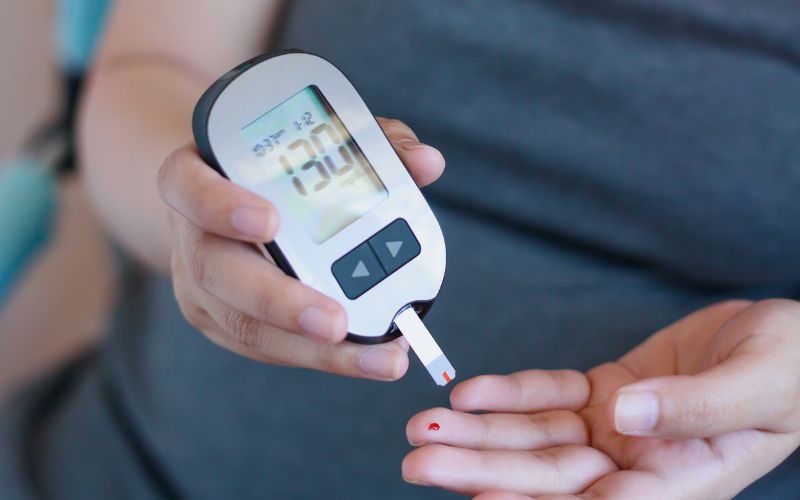Diabetes can significantly impact your overall health, and that includes your oral health. People with diabetes are more susceptible to various dental problems. This is because high blood sugar levels can weaken the immune system, making it harder to fight off infections like gum disease.
Why Diabetes & Oral Health Are Intertwined
- Reduced Blood Flow: High blood sugar levels can damage blood vessels, including those that supply blood to the gums. This reduced blood flow hinders the body’s ability to fight infections and repair tissues.
- Compromised Immune System: Diabetes weakens the immune system, making individuals more vulnerable to infections like gum disease (periodontitis).
- Dry Mouth (Xerostomia): Some medications used to manage diabetes can cause dry mouth. Saliva plays a crucial role in washing away food particles and neutralizing acids that damage teeth.
- Slow Wound Healing: If you have diabetes, wounds, including those in the mouth, may take longer to heal. This can complicate dental procedures and increase the risk of infection.
Dental Care Tips for Diabetics
- Regular Dental Checkups: Schedule professional dental cleanings and examinations at least twice a year. Your dentist can identify and address any potential issues early on.
- Meticulous Oral Hygiene:
- Brush Twice Daily: Use a soft-bristled toothbrush and fluoride toothpaste to brush your teeth thoroughly for at least two minutes, twice a day.
- Floss Daily: Flossing removes food particles and plaque from between teeth, where your toothbrush can’t reach.
- Use Mouthwash: Antiseptic mouthwash can help kill bacteria and reduce inflammation.
- Control Blood Sugar Levels: Maintaining stable blood sugar levels is crucial for overall health, including oral health. Work closely with your doctor to manage your diabetes effectively.
- Stay Hydrated: Drink plenty of water throughout the day to combat dry mouth.
- Quit Smoking: Smoking significantly increases the risk of gum disease and other oral health problems.
- Watch Your Diet: Limit sugary drinks and snacks. Choose a diet rich in fruits, vegetables, and whole grains.
- Address Dry Mouth: If you experience dry mouth, talk to your doctor or dentist about over-the-counter or prescription medications to increase saliva production.
Warning Signs of Gum Disease
- Red, swollen, or tender gums
- Bleeding gums while brushing or flossing
- Persistent bad breath
- Loose teeth
- Receding gums
If you notice any of these signs, contact your dentist immediately.
Conclusion
By following these dental care tips and maintaining good control over your diabetes, you can significantly reduce your risk of developing serious oral health problems. Remember, proactive dental care is essential for a healthy smile and overall well-being.
Disclaimer: This blog post is for informational purposes only and should not be considered medical advice. Always consult with your dentist or doctor for personalized guidance on your oral health needs.
